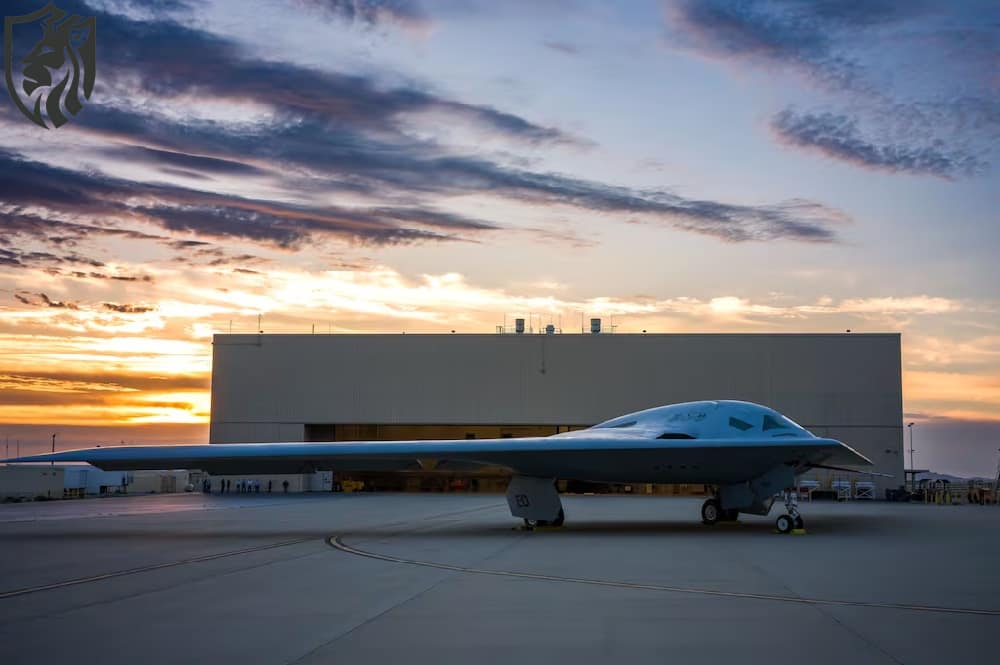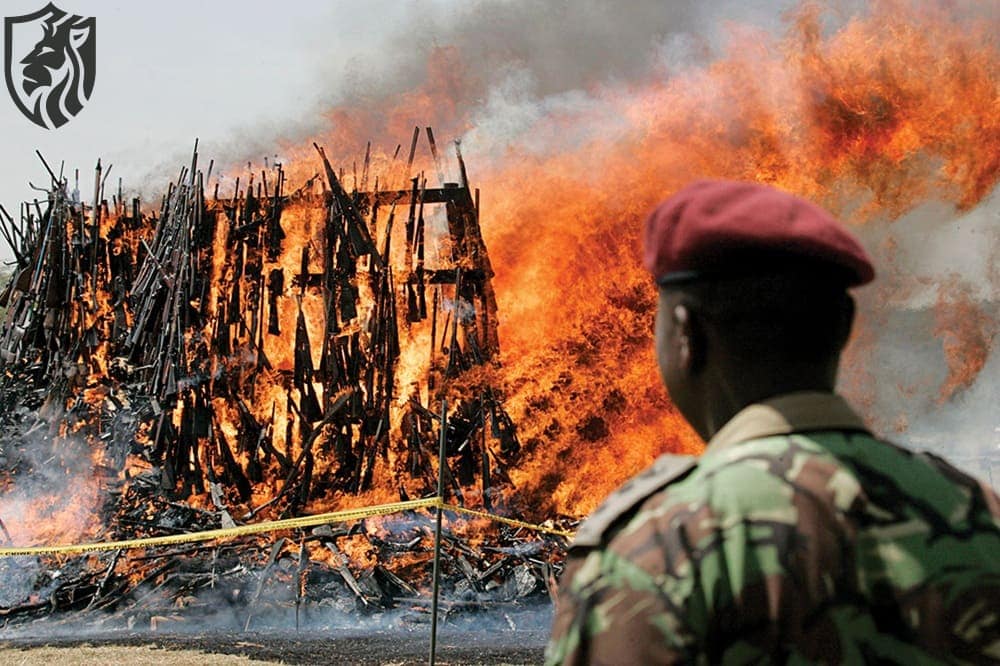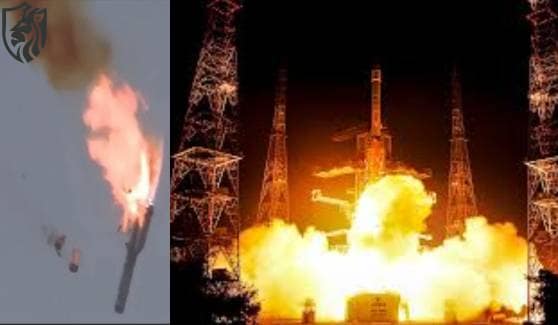
EOS-09 satellite aboard a Polar Satellite Launch Vehicle (PSLV)
A Year of Unrelenting Misfortune
Since January 1st, 2025, India has experienced a string of setbacks. Most notably, Operation Sindoor, the Indian Air Force’s audacious air campaign, ended tragically and in controversy.
During this catastrophic operation, India lost five fighter jets: three French-made Rafales, one Russian-made Su-30MKI, and one Mig-29UBG. This loss was allegedly due to advanced electronic jamming systems, air-to-air and surface-to-air missiles, as well as the destruction of a Russian-made S-400 HIMADs system.
The operation exposed gaps in India’s tactical command structure and electronic warfare capabilities rather than establishing aerial superiority in a disputed area. Since then, Operation Sindoor has been characterized by critics as an overly ambitious and poorly executed undertaking.
The material and human costs far outweighed any strategic advantage, despite the Ministry of Defence reporting some success in taking down enemy radar sites. The public was incensed by this defeat’s lack of accountability and transparency, which also left India’s military establishment in a bad light.
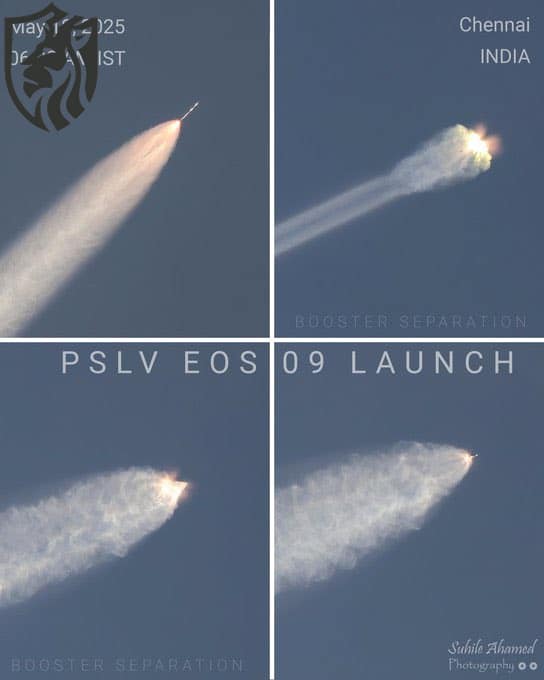
Space Ambitions Crash Back to Earth
As if the military setbacks weren’t enough, the failure of the satellite launch on May 18th is just another blow to the Indian establishment. The EOS-09 Earth-observation satellite aimed to enhance India’s capacity to conduct environmental monitoring, agricultural planning, and strategic reconnaissance. The Indian Space Research Organisation (ISRO) developed the satellite, equipped with sophisticated optical sensors and synthetic aperture radar (SAR) systems.
The Satish Dhawan Space Centre successfully launched the mission. But shortly after takeoff, the GSLV Mk II launch vehicle allegedly experienced a major problem with its second-stage propulsion system, causing it to veer off course. ISRO lost contact with the vehicle approximately 250 seconds into the flight. The rocket and satellite eventually separated in midair and fell into the Bay of Bengal.
Implications for India’s Space and Security Plans
This disastrous launch is more than just a scientific failure. India has been increasingly relying on space-based intelligence, surveillance, and reconnaissance (ISR) capabilities to monitor hostile activity along its borders with China and Pakistan. India expects EOS-09 to enhance its geospatial intelligence network, and its loss will significantly impede efforts to modernize military situational awareness by 2025.
This failure also raises doubts about ISRO’s reliability as a launch service provider. Two high-profile failures in less than two years have harmed India’s launch reliability, despite the country’s prior success with both commercial and scientific missions. Given that China, its neighbor, is expanding its influence throughout Asia and building its satellite constellations quickly, the situation is important for New Delhi.
International Disgrace and Internal Analysis
The timing of the launch failure could not have been worse. New Delhi had intended to use the satellite as a centerpiece project at the upcoming India-Southeast Asia Space Summit to position itself as a regional space leader. India’s diplomatic reputation in the space industry has suffered since the mission’s loss.
Internally, there are concerns about the ISRO decision-making procedure and the degree of pre-launch quality assurance. Although initial reports suggest a software anomaly during stage separation, a comprehensive investigation has begun to identify the exact cause of failure. Industry experts are calling on ISRO to strengthen testing and fault tolerance protocols for critical missions.
Public Response and Political Consequences
There are already political ramifications from this incident. Opposition leaders swiftly attacked the Modi-led government, claiming it prioritized headline-grabbing projects over long-term planning and operational reliability.
Social media trends like #OperationSindoorDisaster and #SatelliteFailure show that people are becoming increasingly disillusioned with how the government handles scientific and national security initiatives.
During a press briefing, the Minister of Science and Technology emphasized that “failure is part of the space journey” and urged the public to keep supporting ISRO. The Indian public appears less forgiving than usual in a year marked by military setbacks, rising border tensions, and economic instability.
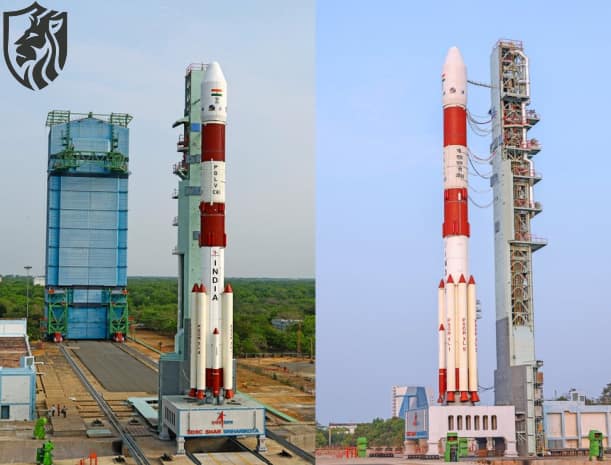
A Call to Strategic Rethinking
This most recent episode highlights India’s growing need to review its space and defense plans. Beyond pure luck, the failure of the satellite launch on May 18th and the losses sustained during Operation Sindoor are indicative of systemic issues. To attain a more integrated approach between military planning and technological execution, experts advise ISRO, DRDO, and the armed forces to work together more closely.
We are also demanding a national audit of recent mission failures to ensure accountability and prevent similar occurrences in the future. India cannot afford to fall behind due to political obliviousness or preventable errors as adversaries like China and Pakistan advance their satellite and asymmetric warfare capabilities.
Conclusion: A Significant Watershed for India
The May 18, 2025, failure of the Earth-observation satellite adds another sombre chapter to India’s ongoing 2025 problems. It represents a pivotal moment for introspection and reorientation when combined with the disastrous Operation Sindoor.
For a nation that wants to be a global power, such military and technological setbacks put both national security and prestige at risk. India must now decide whether to strengthen its institutional frameworks and learn from its mistakes or risk lagging behind its regional rivals in both space and the sky.
References
- ISRO: Official Website – Press Releases
- Hindustan Times – ISRO’s EOS-09 Satellite Launch Fails
- The Hindu—India’s Military Operation Sindoor Ends in Controversy
- India Today – GSLV Mk II Second Stage Failure
- Times of India—India’s Strategic Setbacks in 2025
- Reuters—India Suffers Setback with Failed Satellite Launch
- The Economic Times – Defence Experts on Operation Sindoor
- The Diplomat—India’s Struggle in Space and Defence Sectors
- BBC News – ISRO’s Challenges in 2025
- Defense News Today—India’s ISR Capabilities and Challenges







